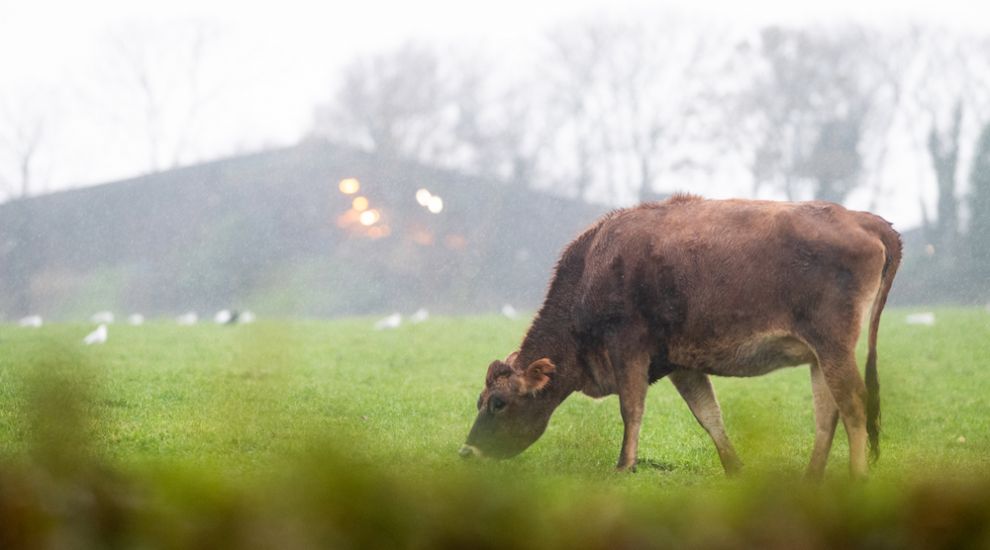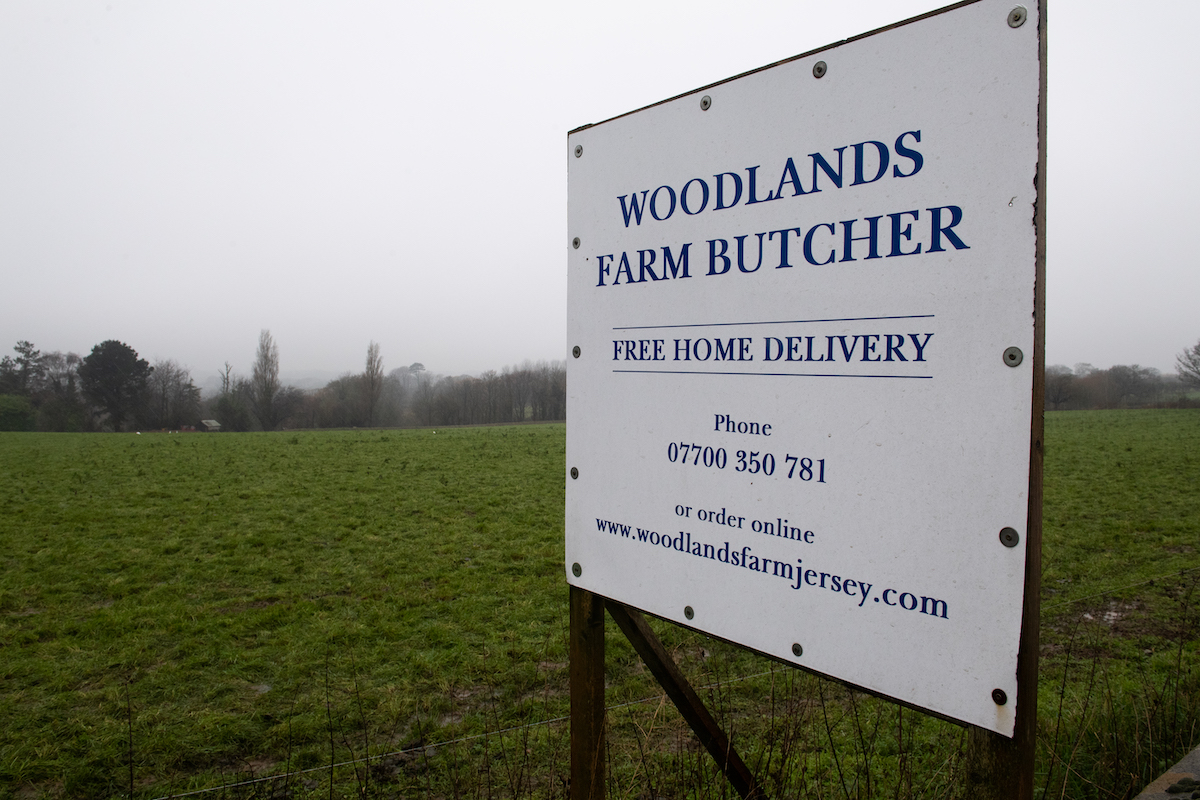


More testing needs to be carried out to establish what caused the deaths of 112 cows at a Jersey dairy farm last month, according to the Environment Minister.
More than three-quarters of the 137-strong Jersey herd at Woodlands Farm, which is based at Rue de Maupertuis, died in the tragedy - equating to 5% of the island's total number of milking cows.
Although contaminated feed was initially thought to be the cause, Deputy Jonathan Renouf said the investigation would need to consider other factors.
"The Natural Environment team, the private vet and the farmer are working in partnership to investigate the cause of this incident. As part of this work, a range of samples was taken and the testing process is continuing. We are pursuing the most relevant diagnostic methodologies, in consultation with labs and specialists," he explained.
He added: 'We are, so far, assured that this was a localised event but need additional tests to be able to say more about what has happened in this case. The testing is complex and results are not always conclusive in these cases."
The cattle affected were all from the high-yielding 'group A' herd at Woodlands. The farm also has a separate 'group B' herd of around 100 cattle, which was not affected.
Samples from some of the cattle that died, and from foodstuffs they ingested, have been flown to UK laboratories.
Philip Le Maistre, Chairman of the Milk Marketing Board, said that local dairy farmers were working collectively to help Woodlands in the wake of the tragedy, focusing on sourcing replacement animals from other Jersey herds.

Pictured: Local dairy farmers are working together to help source replacement cattle from other herds for Woodlands.
"You can't import cattle to the island, so we are looking at what surplus young stock can be provided from other dairy farms," he explained.
"We are seeking to co-ordinate this with Woodlands Farm in order to match their needs – you need to have a spread of births across the year."
In recent years some surplus cattle have been exported, Mr Le Maistre said, but the focus would now be on rebuilding the herd at Woodlands.
"We've spoken to quite a lot of people in the industry and we hope every farm will help out," he added. "We are a co-operative at the end of the day, and each farm has a stake in Jersey Dairy, so it is in all our interests to see Woodlands' herd recover.
"The support shown by farmers at the time of the incident last month was phenomenal – if there's anything good that's come out of this it's that everyone has worked together and all committed to support each other and do everything we can to help [Woodlands] bounce back as quickly as possible."
With cows usually having their first calf around the age of two, Mr Le Maistre said that realistically it was likely to be around two years before the Woodlands herd returned to its previous size.
It was estimated that cows at Woodlands Farm produced an annual average of around 7,600 litres of milk per animal, compared to an average island figure of 6,000.
Investigation launched into mystery death of more than 100 cows
Cattle tragedy not caused by any contagious disease
"I've never heard of anything on this scale, anywhere in the world"
"It's been traumatic...it will take some time to get over this"
Comments
Comments on this story express the views of the commentator only, not Bailiwick Publishing. We are unable to guarantee the accuracy of any of those comments.